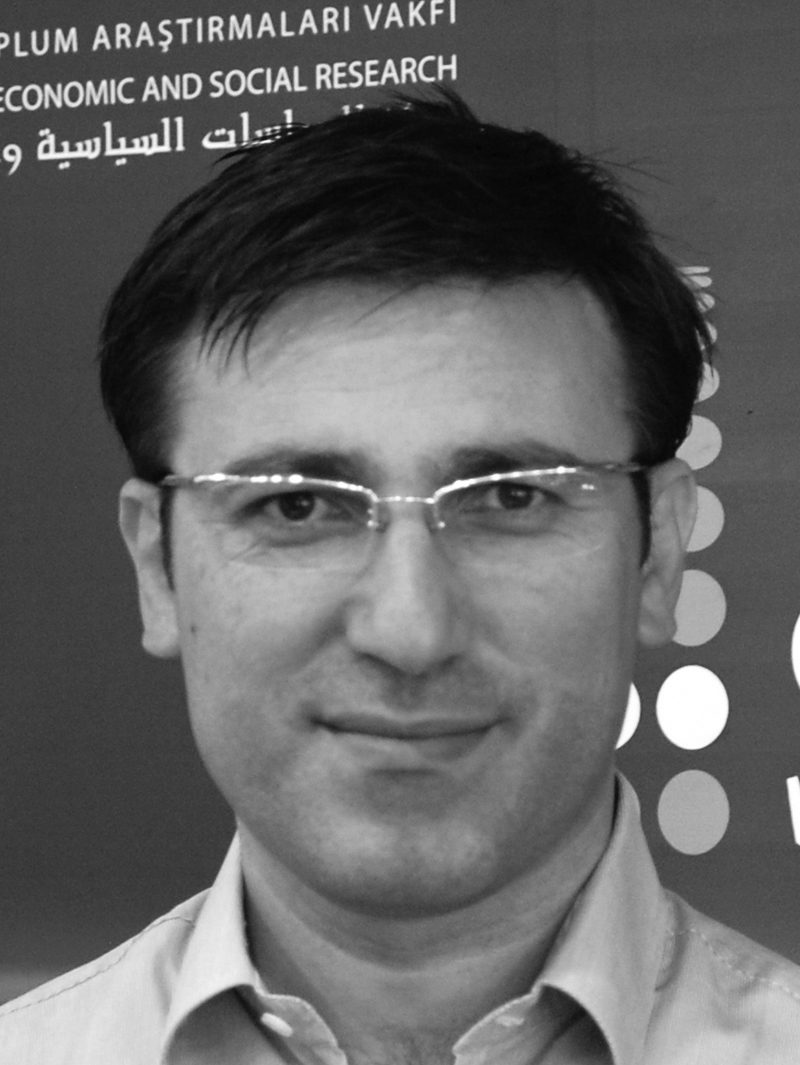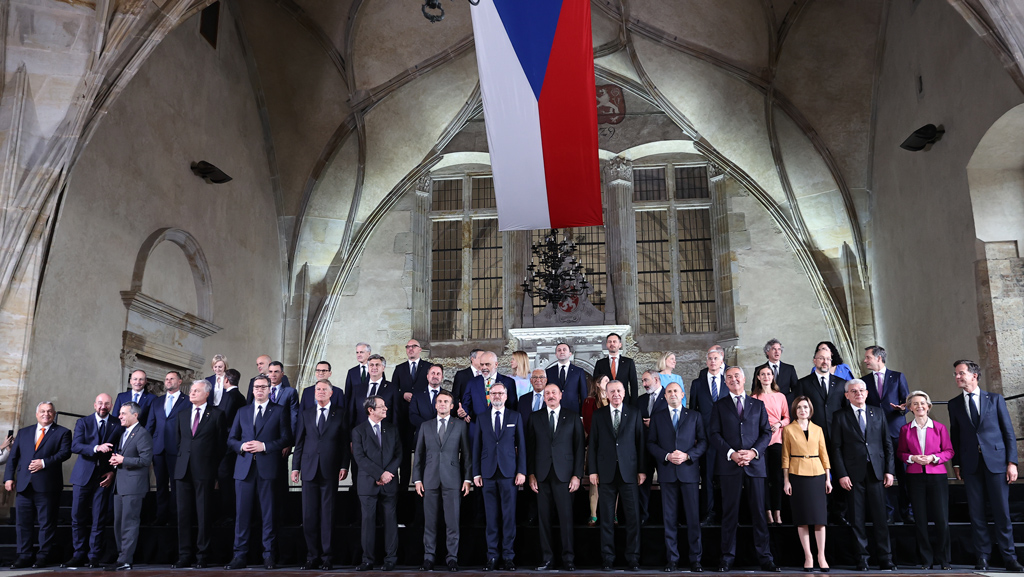Turks in Germany are no longer transitory gastarbeiter (guest worker) people but de facto settlers in Germany, despite the dominant official political discourse that constantly reiterates that Germany is not a country of immigration. The parameters of this political discourse are based on an ethnocentric interpretation of citizenship and nationhood in Germany, which emphasizes volknation, a cultural nation, and leads to the political exclusion of ethnic minorities.
The official construction of immigrants as “cultural others” and growing racism and xenophobia in various sections of society are important obstacles to establishing social harmony in contemporary Germany. More importantly, depriving the de facto settled immigrant communities of citizenship and political participation through strict rules and tests contradicts the ideals of a pluralistic democratic sociopolitical system. As the well-known German philosopher Jürgen Habermas rightly observes today, we live in pluralistic societies that are moving further and further away from a model of a nation-state based on a culturally homogenous population. The diversity of cultural forms of life, ethnic groups, religions and worldviews is constantly growing.
It is important to recognize this reality and to devise new policies that avoid the social, cultural and political exclusion of ethnic minorities. This will not only help ease the social transformation in a globalizing world but will also reduce the tension between different ethnic groups by allowing them to become full and equal members of a political community.
Germany hosts a larger absolute number of immigrants than any other country in Western Europe today. According to various reports, there were more than 5.2 million foreigners living in Germany in 1990, rising to 6.8 million in 1993. By the end of 2000, the Federal Interior Ministry announced that 7.37 million foreigners were living in Germany. This constitutes 9 percent of the total population. The largest group of foreigners is Turks, estimated at 2.11 million, comprising the largest group of foreigners living in Germany today and accounting for 28 percent of all resident foreigners.
Although it has been repeatedly stated by German authorities during the early phases of immigration and in its aftermath that “Deutschland ist kein Einwanderungsland” (Germany is not a country of immigration), by the beginning of the 1980s it had become obvious that the guest worker population was not decreasing as had been hoped by the policy makers. Since German policy makers regarded guest workers as a transitional work force, they did not bother to develop a coherent immigration policy. This has led to the emergence of a guest worker population living in Germany as a true immigrant minority without a true immigration perspective.
In defiance of the official statement that Germany is not a country of Einwanderungsland, the propensity to stay in Germany signaled the guest workers' intention that they were not in Germany to work for a couple years in order to save and then return to their country of origin, as had been planned, but were rather there permanently, or “for good.” A survey in 1980 found that more than 40 percent of the Turks living in Germany wanted to settle down in this country. According to a later study carried out by the Center for Turkish Studies in Germany, 39.4 percent of respondents said that they did not intend to return to Turkey and 21 percent expressed the sentiment that they had no intention of going back in less than 10 years. These data suggest that at least 60 percent of those interviewed expressed a clear intention of staying in Germany, either permanently or for a long period of time. In 1992 the number of those who wanted to stay permanently increased to 83 percent, and only 17 percent of those interviewed expressed their intention of returning to Turkey. The establishment of Turkish-owned businesses is yet another indication of permanent settlement. There are currentl








